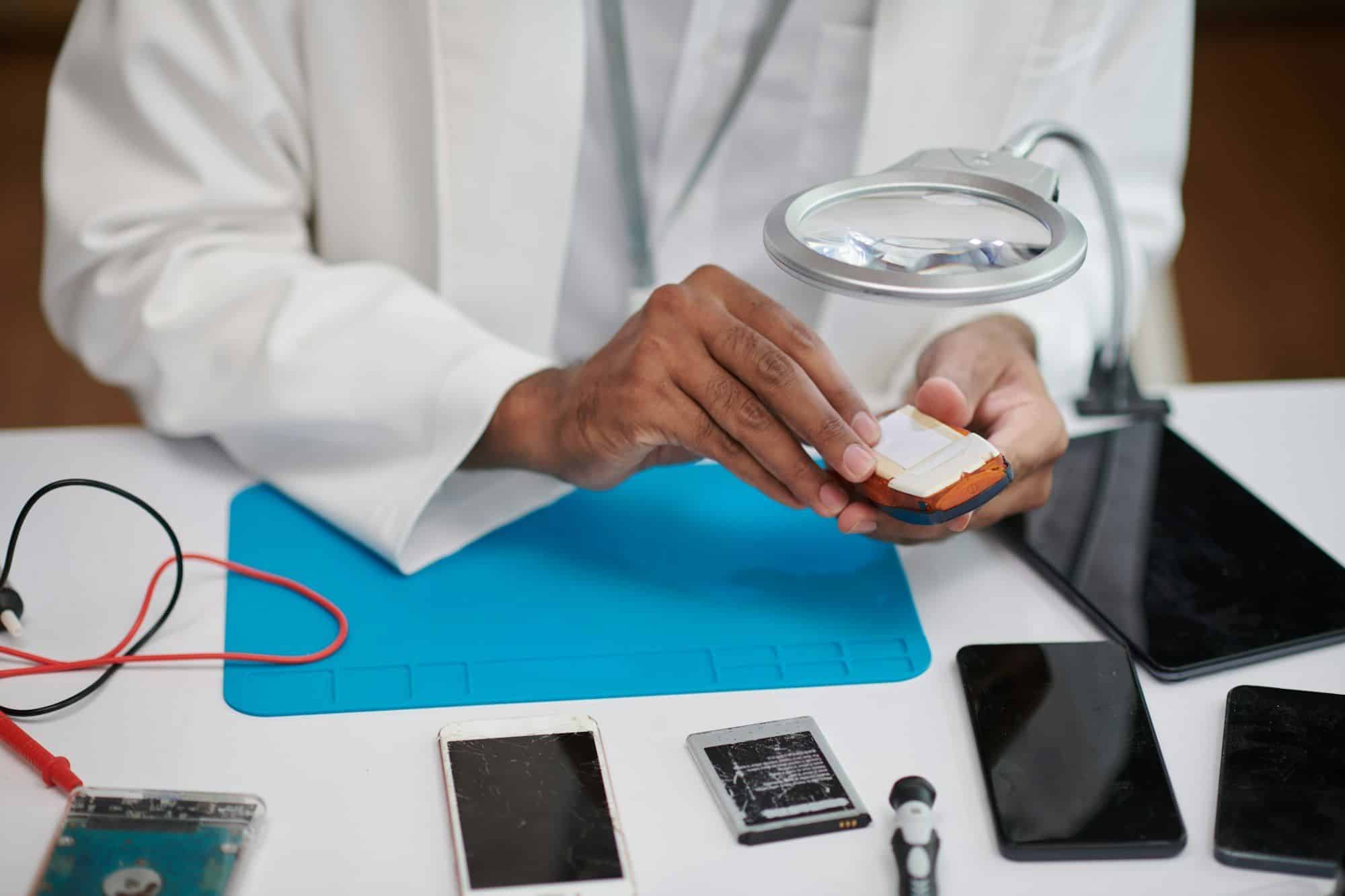Electric vehicles (EVs) have stormed the auto market in recent years, proving to be a viable and compelling alternative to internal combustion engine (ICE) cars. The key to their performance and longevity largely depends on the battery. Effective battery management can not only enhance your driving experience but also increase the resale value of your EV. In this piece, you will learn various strategies for maintaining the health of your EV’s battery and how these can impact the resale value of your vehicle in the UK market.
Understanding the Importance of Battery Health
Your EV’s battery is more than just an energy reservoir; it’s the heart of your vehicle. Similar to how a healthy heart ensures smooth bodily functions, a well-maintained battery ensures optimal performance, efficiency, and longevity of your EV.
Also read : What are the best car models for first-time drivers in the UK in 2023?
Lithium-ion batteries, commonly used in EVs, don’t operate like the traditional lead-acid batteries found in ICE cars. They require careful charging and discharging practices to prevent premature degradation and preserve their lifespan. Lithium-ion batteries also suffer from capacity loss over time, which can be exacerbated by poor charging habits. Ensuring the longevity and health of your EV’s battery could mean a higher resale value when you decide to sell your car.
Implementing Proper Charging Practices
One of the most critical factors that influence battery health in EVs is your charging habits. Incorrect or abusive charging practices can lead to faster battery degradation, thus affecting vehicle performance, range, and resale value.
Additional reading : How to handle legal disputes over car accidents in the UK?
Charge your EV’s battery to full capacity only when necessary. Lithium-ion batteries perform best and last longer when they are charged between 20% and 80%. Charging to full regularly can stress the batteries and reduce their overall life.
While fast charging might be convenient, frequent reliance on it can cause significant harm to your battery. Fast charging generates heat, which can accelerate the rate of battery degradation. Therefore, limit your use of fast charging and opt for slow or standard charging whenever you can.
Paying Attention to Battery Temperature
Just like humans, batteries also have a comfort zone when it comes to temperature. Both extreme heat and cold can have negative effects on your EV’s battery life and performance.
Extreme cold can slow down the chemical reactions within the battery, reducing its capacity and ability to deliver power. On the other hand, high temperatures can strain the battery, leading to faster degradation. To manage battery temperature, always try to park your EV in a shaded or indoor area and consider using a thermal management system if not already equipped.
Deciphering EV’s Battery Health Messages
Advanced EV models are equipped to generate messages that indicate the status of the battery. It’s important to understand these messages and act accordingly.
An EV’s battery management system (BMS) monitors the battery’s state, calculates secondary data, provides protective functions, and controls its environment. If the BMS detects any irregularities or issues, it will notify you. Don’t ignore these messages as they could be signs of potential problems that need immediate attention. Prompt action on these warnings can prevent significant battery damage, thereby maintaining the health of your EV and its resale value.
Regularly Servicing Your EV
Just like ICE cars, EVs also benefit from regular service and maintenance. While they don’t require oil changes and have fewer moving parts, regular check-ups for the electric systems, including the battery, are crucial for their optimal health.
Regular servicing helps detect any early signs of battery degradation, thus allowing preventive measures to be taken. Always rely on a certified EV service center for your vehicle’s servicing needs as they have the expertise and the right equipment to handle specific EV-related issues.
In conclusion, the battery health of an EV is paramount, not just for its performance but also for its resale value. Appropriate charging practices, temperature management, understanding battery health messages, and regular servicing all contribute to maintaining a healthy battery, thereby ensuring your EV retains its value over the years in the UK market.
Exploring the Second Life of EV Batteries
The lithium-ion battery pack in an electric vehicle does not necessarily end its life after its tenure in the car is over. Many automakers and technical experts are exploring ways to give these batteries a second life. Depending on the state of your battery, it can be repurposed for several applications once it is no longer suitable for use in an electric car.
Electric vehicle batteries, even when they fall short of the performance requirements necessary for automotive use, could still have substantial capacity remaining. This residual capacity can be put to use in less demanding applications, such as stationary energy storage, which gives the battery a second life. For instance, the Nissan Leaf’s battery can be repurposed for energy storage in homes or businesses once it reaches the end of its service life in the car.
The concept of a second life for EV batteries is still relatively new, but it is gaining traction. It contributes to a sustainable circular economy model by reducing waste and the need for new raw materials. Moreover, it may add additional value to your EV at the time of resale, as potential buyers may view the prospect of a second life battery as an added incentive.
Real-World Impact on Resale Value
The resale value of a car is determined by several factors, including age, mileage, condition, and demand in the market. In the case of electric vehicles, the health of the battery also plays a significant role.
A well-maintained battery can command a higher resale value. Conversely, evidence of poor battery management can significantly reduce the resale value of your EV. Potential buyers will be wary of a degraded battery that may need expensive replacement shortly after purchase.
Data from the UK second-hand market reveals that EVs with well-maintained batteries, like the Nissan Leaf, hold their value remarkably well. This trend highlights the importance of proper battery management for maintaining the value of your electric car.
In the UK, there is a premium on used electric vehicles with good battery health. Buyers are willing to pay more for the assurance of a reliable, long-lasting battery. Therefore, investing time and effort in managing your battery’s health could pay off when you decide to sell your electric vehicle.
Concluding Thoughts
In conclusion, the battery in an electric vehicle is more than just a power source. It is the heart of your car, dictating its performance, efficiency, and longevity. As such, it is crucial to maintain proper battery health to ensure the maximum resale value of your EV in the UK market.
Mindful charging habits, temperature management, understanding your car’s battery health messages, and regular servicing are all elements of proper battery management. Moreover, understanding the potential for a second life for the battery can also contribute to the value of your electric vehicle.
As the market for electric vehicles continues to grow, so does the importance of battery management. By adopting good battery management practices, you can add significant value to your EV, ensuring a good return when you decide to sell. Remember, a healthy battery not only equates to a better performing car but also a more valuable one.











